Nurses, medication shortages hit CHAL

SHARE THIS PAGE!
The Christian Health Association of Lesotho (CHAL), which delivers nearly 40 percent of the country’s healthcare services, is grappling with a critical shortage of nurses and essential medications – a crisis that now threatens the lives of thousands across Lesotho.
CHAL’s Advocacy and Communication Officer, Lebohang Liphapang, confirmed the crisis, revealing that approximately 50 nurses have been lost due to the termination of a donor-funded initiative.
“These nurses were not only treating HIV patients, but also played key roles in delivering general health services across their respective facilities,” Liphapang told theReporter in an interview yesterday.
The affected nurses were previously employed under the PEPFAR-supported Bophelo Bo Botle initiative, implemented in partnership with the Elizabeth Glaser Pediatric AIDS Foundation (EGPAF). Their departure has left around 50 health centres severely understaffed, creating major service delivery gaps, especially in rural and underserved areas.
Founded in 1974, CHAL is a voluntary, faith-based organisation comprising six member churches: the Anglican Church of Lesotho, Church of the Bible Covenant, Assemblies of God, Lesotho Evangelical Church in Southern Africa, Roman Catholic Church, and Seventh-day Adventist Church. Collectively, these churches manage eight hospitals and 71 health centres across the country.
Despite its major role in national healthcare, CHAL has faced increasing financial pressure due to stagnant government funding, delayed subvention disbursements, and inflation.
Liphapang noted that while CHAL receives a fixed annual budget from the government, it has remained unchanged for more than five years.
“Every year, we are expected to do more with the same amount of money, while the cost of medication, electricity, water, and even food for admitted patients continues to rise,” she said.
She added that delays in government disbursement often force CHAL facilities to operate without essential supplies. “Sometimes, funds arrive only after a month or two of monitoring the situation. Only then can we begin the procurement process,” Liphapang explained.
Currently, CHAL facilities are caught in a precarious cycle – using up three-month stocks of medication while awaiting new funding. The result has been a shortage of critical drugs, including life-saving antiretrovirals (ARVs) for HIV treatment.
This problem is compounded by reduced support from international donors, particularly from the United States.
“Donors were providing free medication like ARVs. Now that support is shrinking, and the burden falls on patients who cannot afford to pay out-of-pocket,” Liphapang said.
Recruitment of doctors has also stalled due to CHAL’s inability to offer competitive benefits, such as housing allowances available to government-employed doctors.
Liphapang warned that the continued withdrawal of international support could set back decades of progress in HIV treatment and community health. “We fear going back to square one – where people die not because there’s no cure, but because there’s no access,” she cautioned.
The chairperson of the Community of Women Living with HIV, ‘Mamoletsi Moletsi, added that the shortage of ARVs and other essential drugs is widespread.
“People are finding it difficult to access medications beyond ARVs, even for common conditions. The lack of ARVs could lead to drug resistance, which will be far more expensive for the government to treat,” she said.
Moletsi pointed out that the unavailability of medications could lead to more cases of advanced HIV, which are not only harder and costlier to treat, but often fatal.
“These stock-outs are not just administrative issues; people are getting sick and dying unnecessarily,” she added.
Earlier this year, CHAL suspended all US-funded project activities, including halting work by all project staff, following a directive from the U.S. government.
In a letter dated January 29, CHAL Executive Director ‘Makatleho Mohasi announced the suspension of services under the Bophelo Bo Botle (BBB) project for three months, citing an executive order from the US administration under President Donald Trump.
The BBB project has been a cornerstone in improving health services in rural areas and fighting HIV/AIDS. “This decision directly affects funding for our projects. As a result, we have had to pause all related services and suspend staff involvement,” Mohasi wrote.
As the crisis deepens, CHAL is calling for urgent action from both government and international partners to avoid a collapse of critical health services.
Significant reductions in US financial aid for HIV programmes in Lesotho have caused widespread disruptions, jeopardising the country’s progress in combating the epidemic, according to a recent UNAIDS report.
The cuts affect initiatives under the US President’s Emergency Plan for AIDS Relief (PEPFAR), which has been a major contributor to HIV treatment and prevention efforts in Lesotho. As a result, critical services have been suspended or discontinued, forcing the government, civil society organisations, and the United Nations to seek urgent solutions.
Lesotho has one of the world’s highest HIV prevalence rates, with approximately 23 percent of adults relying heavily on international funding, particularly from PEPFAR, to sustain its healthcare workforce and treatment programmes.
Since its launch in 2003, PEPFAR has provided billions of dollars to combat HIV/AIDS across sub-Saharan Africa, funding healthcare workers and community-based interventions aimed at vulnerable groups such as orphans, key populations, and young women.
However, recent budgetary decisions by the U.S. government have disrupted these efforts. According to UNAIDS, 28 percent of PEPFAR support has resumed, 32 percent remains suspended, and 40 percent has been terminated altogether. This partial reinstatement has not been enough to prevent major setbacks, with 804 out of 1,508 health professionals previously funded by PEPFAR now out of work.
Several essential HIV services, including voluntary medical male circumcision (VMMC), pre-exposure prophylaxis (PrEP), and specialised care for high-risk populations, remain shut down.
Some programmes, such as support for orphans and vulnerable children across all the country’s 10 districts, have been partially restored, but the overall situation remains dire.
However, health minister, Selibe Mochoboroane has reassured the nation that the country will not falter in its fight against HIV/AIDS, despite the US government’s decision to halt foreign assistance.
Mochoboroane said the government remains committed to providing antiretroviral drugs (ARVs) to all 240,000 patients currently receiving treatment in the country, promising that the HIV treatment programme will not be disrupted.
According to Mochoboroane, Trump’s order would not endanger Lesotho’s ARV supply as 73 percent of medication is procured directly by the government and an additional 23 percent provided by the Global Fund.
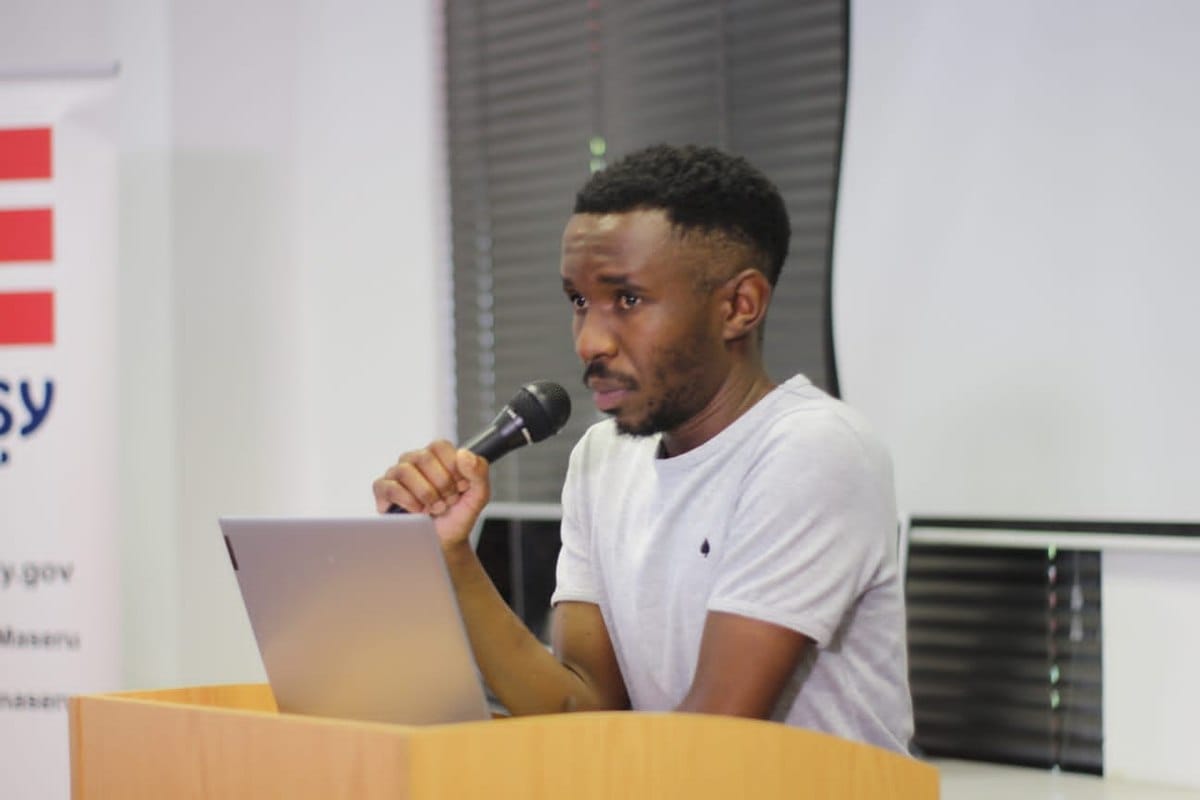
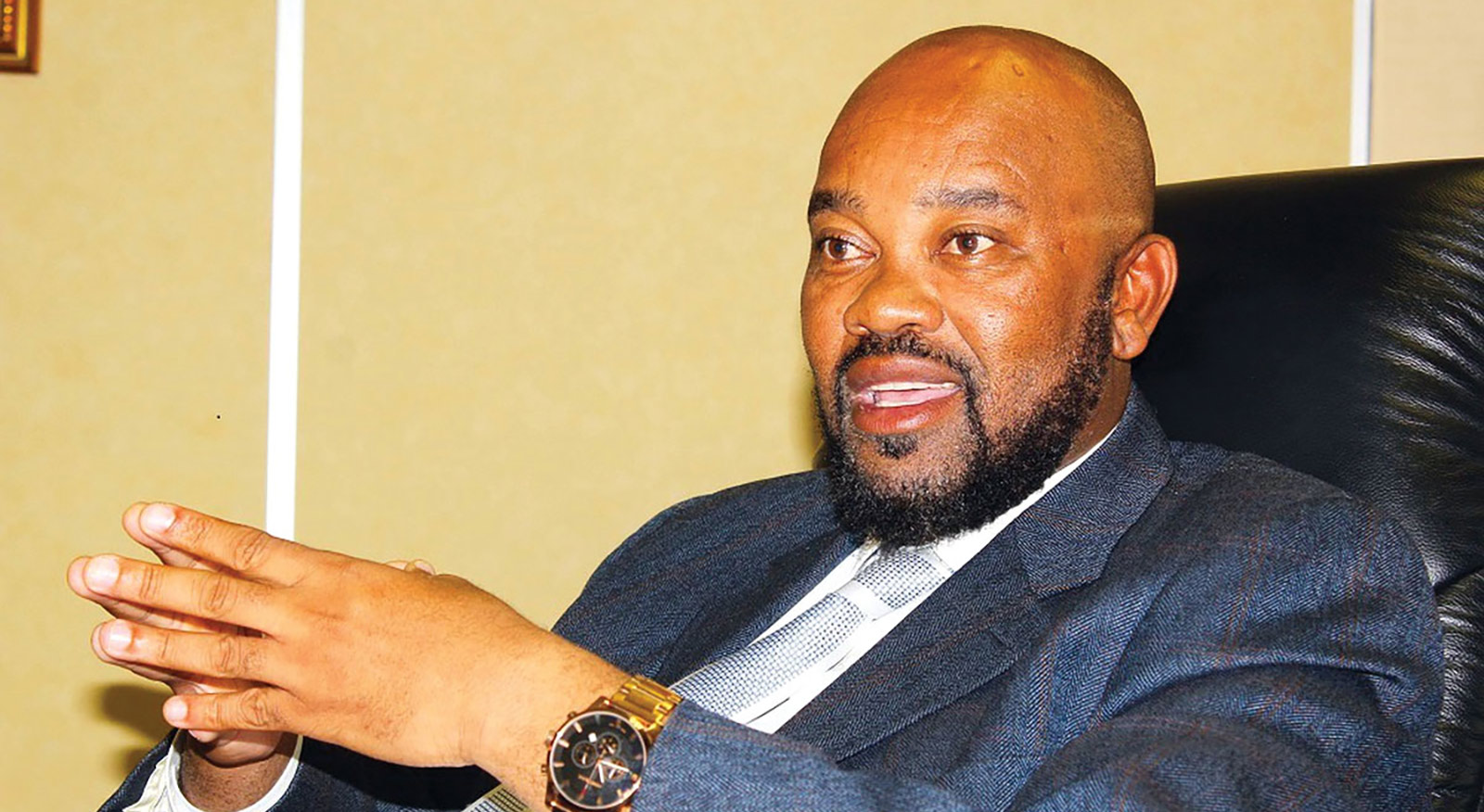
BNP backs govt efforts in US tariff talks
6 days ago
Vodacom hosts compliance seminar
6 days ago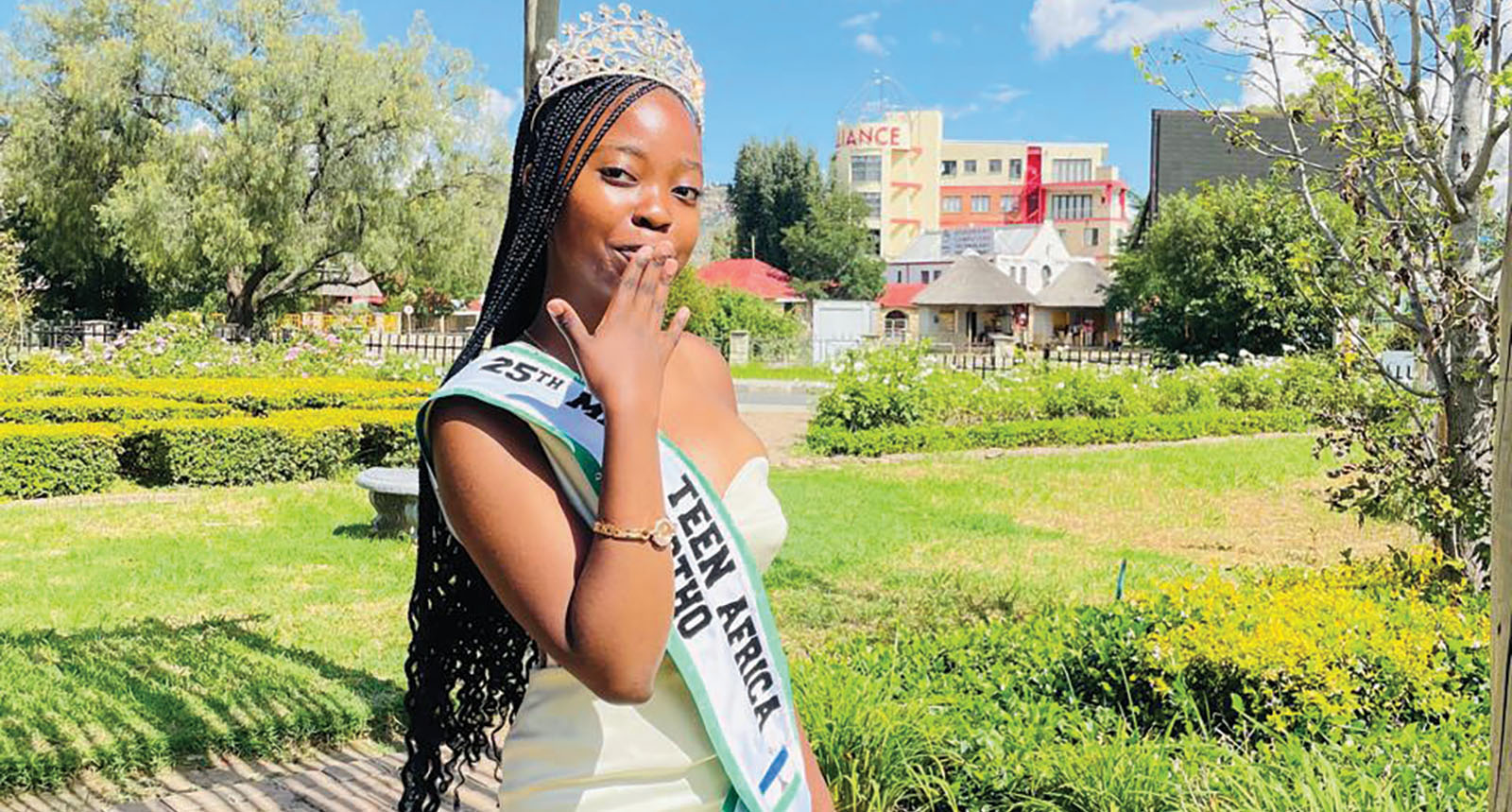
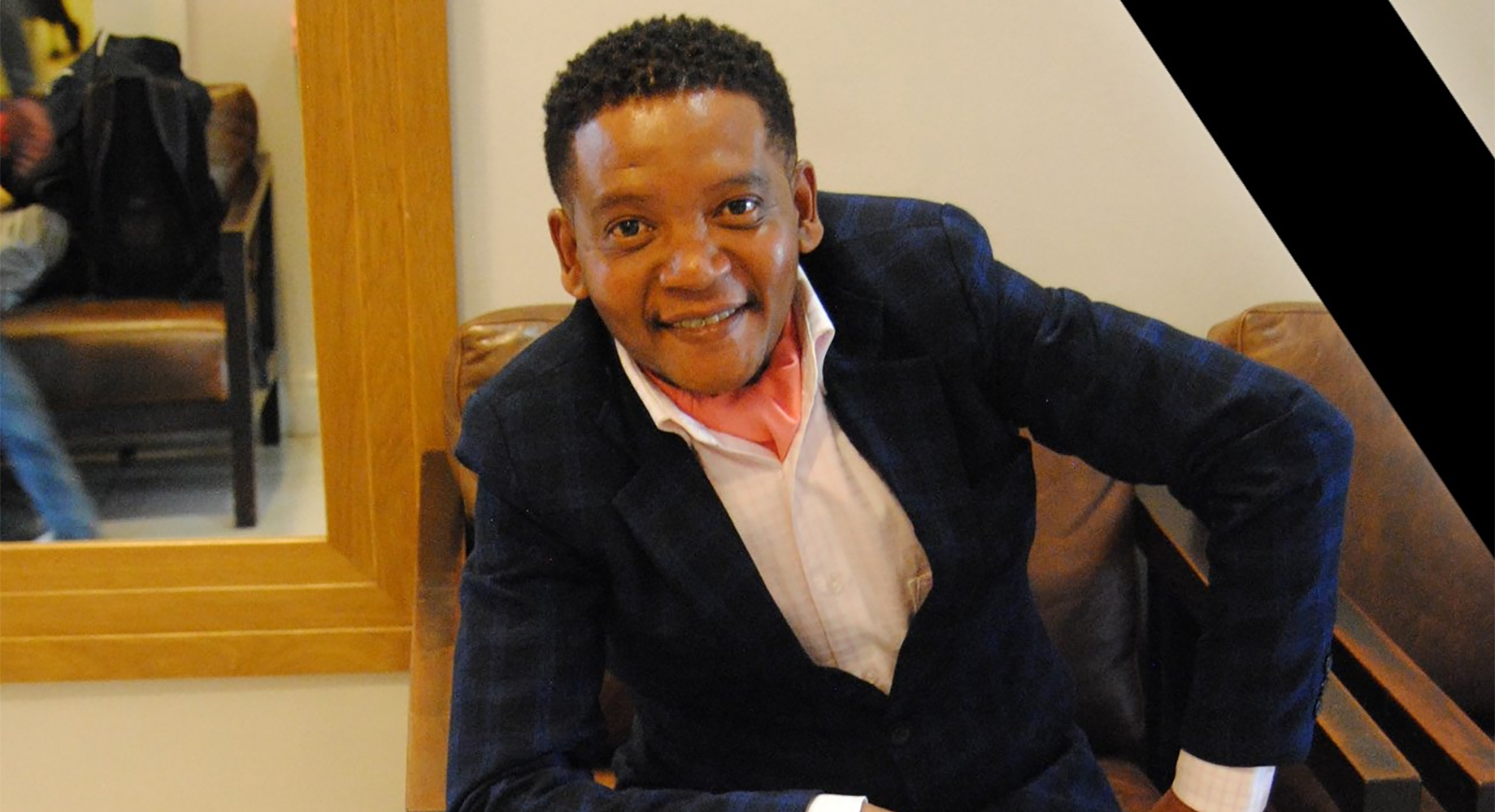

Nurses, medication shortages hit CHAL
6 days ago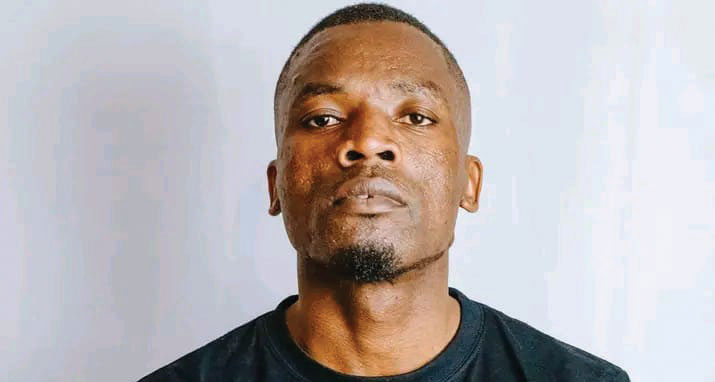

SADC glam lights up Ladybrand
7 days ago
Mpotjoane proposes new migration model
8 days ago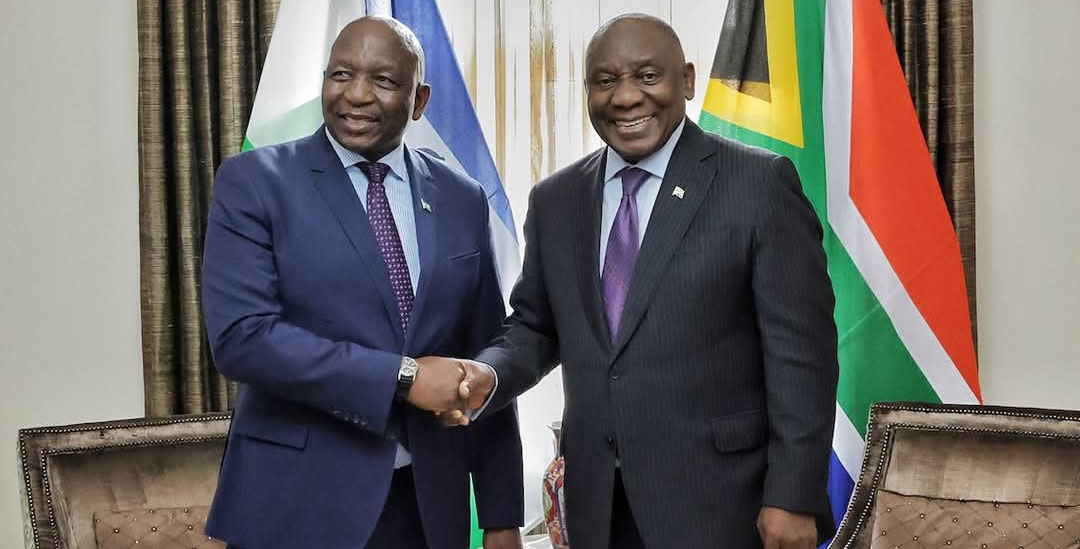
Ramaphosa visits Lesotho
8 days ago